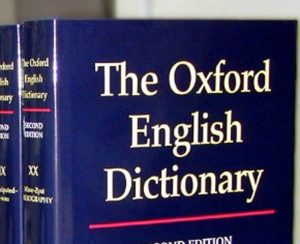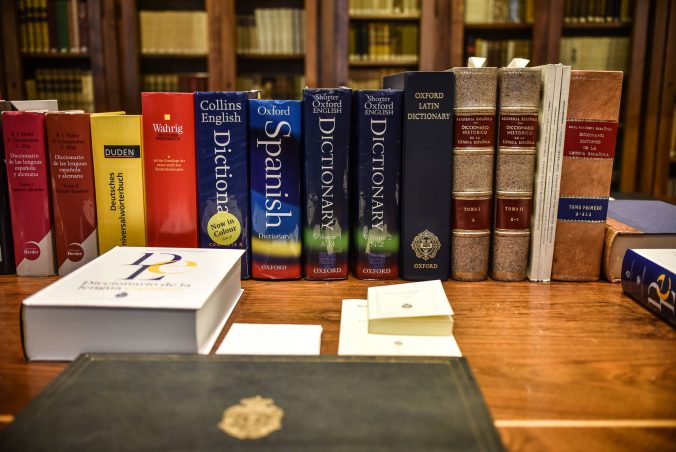Not so long ago, it was believed that the Maltese language and tagalog to english grammar translation was threatened with extinction and replaced by English. However, with the accession of Malta to the European Union, the situation has changed. Due to the fact that the population of Malta is about 400,000 inhabitants and almost everyone speaks Maltese and English since childhood, the issue of creating dictionaries for this language pair cannot be called relevant.
However, in the mid-90s of the last century, the Maltese linguist Joseph Aquilina compiled a dictionary, which is the only reference manual for translations from English into Maltese.
However, the dictionary was not updated and, accordingly, did not reflect, in particular, the development of the Maltese language. To remedy this, Adam Ussishkin, a professor of linguistics at the US University of Arizona, brought the dictionary resource into the 21st century, both in terms of content and platform.
The latest version of the six-volume dictionary includes modern Maltese vocabulary and spelling and will soon be available online.
This is important for a language with such a small number of speakers, especially since it is not well documented in writing compared to other European languages.
“Their language is in many ways unique, but the country lacks the resources and infrastructure capacity for large-scale documentation,” says Professor Ussishkin. “My goal is to help the Maltese people make sure they have enough information about their native language.”
The Maltese language differs from its “neighbors” in that it is Semitic and linguistically related to Arabic. But it is based on the Latin alphabet, and a significant part of its vocabulary reflects the local history of the times of colonization, with the predominant influence of the Italian and English languages.
The idea of updating and creating an electronic version arose when Professor Ussishkin used the existing dictionary in the course of his scientific activities. He faced obsolete words, local dialectisms, many words he could not find.
Thus, Professor Ussishkin teamed up with the Maltese publishing house Midsea Books to produce a six-volume dictionary containing 80,000 entries.
Beth Hume, Maltese expert and Chair of the Department of Languages at Ohio State University, USA, said this electronic guide is ideal for researchers seeking to deepen their knowledge of the language.
“This is a very good resource, it gives users access to the aspects of the language that are important to them,” says Ms. Hume. “It allows us to explore patterns of language about which there are many theories among linguists.”
Other experts believe that the updated resource, an online dictionary, will allow the Maltese language to emerge from the shadow of English.
According to the professor of linguistics at the University of Malta Sandra Vella (Sandra Vella), the tendency to replace the Maltese language with English could lead to the extinction of the former. But when Malta joined the European Union, Maltese became the official language of Europe and began to develop again. However, as noted by Dr. Vaella, despite the fact that the country has two official languages, there are many more native speakers of English.
Translating popular literature into Maltese may not be as profitable as into English, an online dictionary can be an invaluable aid to dozens of Maltese translators working for the European Commission in Luxembourg, and all European documents can be translated into Maltese.
The European authorities say that since 2004, when Malta joined the EU, there is still an acute shortage of qualified translators for the Maltese language.

